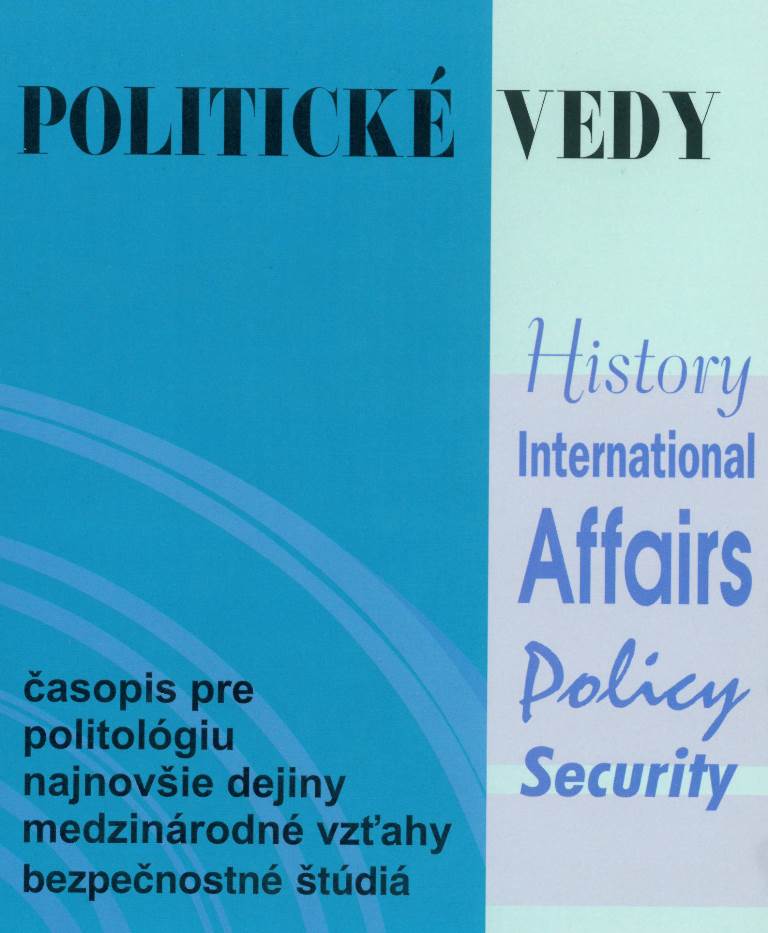Environmental Cooperation as Instrument of Conflict Transformation in Conflict-Prone Areas: Where does it Start, How Deep it can be and What Effects
Environmental Cooperation as Instrument of Conflict Transformation in Conflict-Prone Areas: Where does it Start, How Deep it can be and What Effects
Author(s): Šárka WaisováSubject(s): Politics / Political Sciences
Published by: Univerzita Mateja Bela
Keywords: environmental cooperation; cooperation in conflict areas; Armenia; Azerbaijan; China; Taiwan; Israel; Palestinian Authority; South Korea; North Korea
Summary/Abstract: The idea of environmental cooperation as a conflict transformation instrument emerged since the 1990s among scholars as well as among international institutions and non-governmental organizations. The idea presume that conflict and cooperation can coexist and that a cooperative approach to planning, management and use of environmental resources is able to initiate and sustain a dialogue between the parties of a conflict and facilitates conflict transformation and peacebuilding. This article tests one hypothesis on four case studies, and asks one question to find out more about the origin and functioning of environmental cooperation in areas of political conflicts. The results of the case studies show that political conflict and environmental cooperation can coexist, but in distinctive conditions. Environmental cooperation has begun in all the cases in the time when no violent clashes between conflict parties took place. The case studies also showed that if the relationship between the conflict parties has worsened and the conflict intensity increased, the environmental cooperation was stopped. Some of the cases demonstrated that non-political environmentally engaged actors are less sensitive to the change in conflict intensity than the political agents, and they have been trying to maintain communication during the period of worsened political relations. Finally, the case studies showed that environmental cooperation in areas of political conflicts has, despite the duration of the cooperation and the intensity of external support, remained weak.
Journal: Politické vedy
- Issue Year: 18/2015
- Issue No: 2
- Page Range: 105-126
- Page Count: 22

